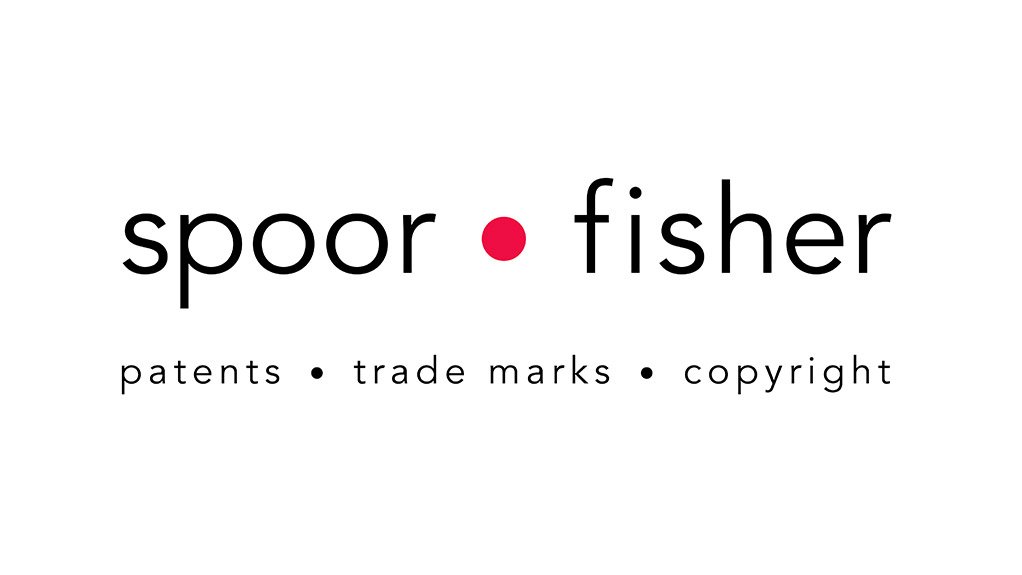In October 2020, South Africa and India called on World Trade Organisation (WTO) members to support a proposal to suspend the WTO’s agreement on Trade-Related Aspects of Intellectual Property Rights (TRIPS), for the duration of the coronavirus pandemic.
The thinking behind the proposal is that, if patent rights are waived, vaccine production facilities can be established throughout the world, resulting in increased vaccine supply and expedited roll-out.
On US President Biden’s 100th day in office, the US agreed that it, too, would support a temporary and targeted waiver of Covid-19 vaccine intellectual property (IP) protection, with Canada, New Zealand and the European Patent Office swiftly following suit.
On the other hand, countries still withholding support for the waiver include the UK, Australia, Japan, Switzerland, Norway, and Brazil, at the time of writing.
In its Position Statement of 7 May 2021, the Max Planck Institute for Innovation and Competition presented a number of reasons why, although well-intentioned, such a waiver would not “be a necessary and suitable measure towards the pursued objectives”.
One of the reasons put forward is that such a waiver of IP rights will not waive the regulatory requirements for vaccine authorisation, which are incredibly onerous and require significant resources to comply with.
In this article, we explore what South Africa’s regulatory requirements are when it comes to vaccine authorisation and whether, in view of these requirements, a waiver of IP protection would actually speed up vaccine delivery and the time to global immunity for Covid-19.
Regulation of the sector
South Africa’s pharmaceutical sector is primarily regulated by the Medicines and Related Substances Act 101 of 1965, and its regulations. This legislation is administered by the South African Health Products Regulatory Authority (SAPHRA).
The legislation says that any entity selling a medicine, medical device or IVD (in vitro diagnostic) for human or animal use must obtain authorisation from the SAHPRA. A “medicine” includes any substance or mixture of substances used, or manufactured or advertised for use in diagnosis, treatment, mitigation, modification or prevention of disease, abnormal physical or mental state, or related symptoms.
Currently, the available vaccines for Covid-19 are all biological medicinal products.
Generally, for biological products, any entity wishing to register a biosimilar medicine, i.e. a “generic” version of a biological medicine, must follow the guidelines issued by the SAHRPA. This includes providing evidence of biosimilarity, and thus the registration requirements are simplified.
But, according to the SAHPRA Guideline on biosimilar medicines registration requirements, vaccines, even if manufactured by recombinant DNA technology, are excluded. As a result, vaccines are presumably required to be assessed via the more stringent general product registration process.
Covid-19 specifics
In November 2020, the SAHPRA issued a communication aimed at prospective registrants for candidate Covid-19 vaccines. Its guidance must be followed by all applicants for registration of Covid-19 vaccines.
While the SAHPRA has committed to adopting a priority/expedited review approach to applications relating to Covid-19 management, it is also committed to maintaining a high quality and standard of review. This means that applicants for registration will still be required to submit the requisite non-clinical and clinical data to obtain vaccine registration.
The SAHPRA has recently decided to harmonise some of the SAHPRA medicine policies and procedures with those of the European Medicines Agency (EMA), to reflect global best practice in terms of the safety, quality and efficacy of health product regulation. The threshold for the information and data required for registration of a vaccine product is therefore high.
In terms of SAHPRA guidelines, the following information should be submitted in line with the format and organisation prescribed by EMA guidelines:
- Information on the quality of a Covid-19 vaccine product
- Information on bioavailability
- Toxicological data
- International studies on pharmacodynamics, pharmacokinetics, safety and efficacy across an international patient population
In addition, to apply for the registration of a Covid-19 vaccine in South Africa, the applicant must have an establishment licence to manufacture, package/label, test, import, distribute or wholesale a health product (or must apply for such a licence), and must manufacture the vaccine in line with Good Manufacturing Practice (GMP).
Applicants for registration of a Covid-19 vaccine must also submit a risk management plan to address uncertainties in the data submitted and must consider South African-specific issues, like HIV and tuberculosis.
In practice, the information and data required for registration of a vaccine is only available to the vaccine developers, who have invested significant resources in establishing and collecting such data. Of course, they may provide a local partner with the requisite information, but they are unlikely to be willing to cooperate with local applicants for registration of a vaccine, in the absence of the back-stops provided by patent protection.
What we think
Our position is that, even in the absence of any IP rights, the well-intentioned goal of vaccine equity may not be so easy to achieve in practice. The regulatory requirements inherent in getting vaccines to market remain, and they are necessary for human safety.
So, while it may be argued that IP rights in the context of vaccines serve to protect the interests of the pharmaceutical industry, the same cannot be said for the regulatory requirements for registering a vaccine, which serve, critically, to protect the right of the public to safe medicines.
Written by Chyreene Truluck, Partner, Spoor & Fisher
EMAIL THIS ARTICLE SAVE THIS ARTICLE ARTICLE ENQUIRY FEEDBACK
To subscribe email subscriptions@creamermedia.co.za or click here
To advertise email advertising@creamermedia.co.za or click here











